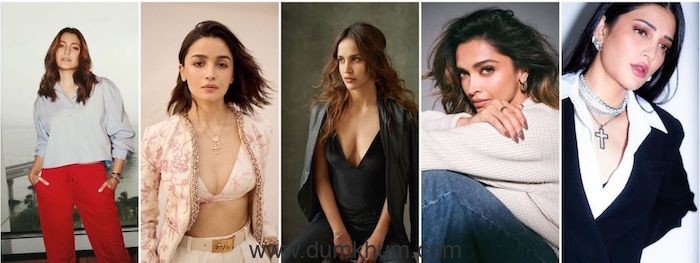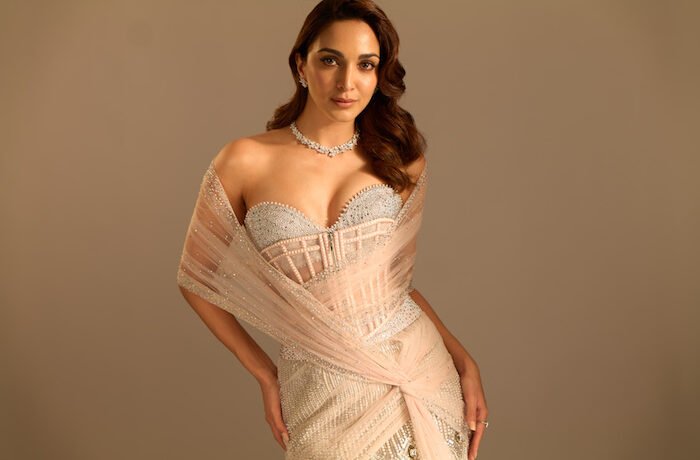INIFD presents ‘Business of Fashion from a Buyer’s eye’ Workshop at Lakmé Fashion Week Winter/Festive 2012
Moderator – Sujata Assomull
Panelists: Designers- Masaba Gupta & Priyadarshini Rao; Buyers- Sushil Jhaveri, Fuel and Rasika Wakalkar, Rudraksh
Mumbai, Lakmé Fashion Week in association with INIFD hosted the eighth edition of the fashion workshop series on the opening day of Winter/Festive 2012. The large group of audience listened to the power packed panelists debating on the subject “World of Fashion through a Buyer’s Eye”.
Opening the seminar Ritu Kochhar, Director, INIFD gave a brief introduction on the work done by INIFD in promoting new talent and educating their fashion students keeping in mind the global standard of the subject. The workshop focused on commonly asked questions by upcoming designers with the concept being ‘why of the buy’.
The panelists comprised of moderator Sujata Assomull, Launch Editor, Harper’s Bazaar India along with with designers Masaba Gupta and Priyadarshini Rao; buyers Sushil Jhaveri of Fuel, Mumbai and Rasika Wakalkar of Rudraksh from Pune and INIFD representative – Ashley Rebello.
The moderator set the ball rolling by asking some pertinent questions like what does a buyer look for, is costing the main factor, should it be consignment or not, online or off line retailing, how important is Bollywood and PR, what are the mistakes to avoid, are fashion weeks important and the difference between Indian and international buyers?
The panel had an active interaction with Rasika Wakalkar revealing that buyers look for the product, their commercial viability, costings, fabric and the total package for the retailer and end client. “Designers should pay attention to pricing as they are competing on the racks in a multi label store. When it comes to outright buying, it is the confidence the retailer has in the designer,” stated Rasika. She emphasized on how the stall at a fashion week is as important as the fashion show.
Designer Masaba Gupta was quick to point that in India the Bollywood craze, especially in Mumbai, is very prominent. She even pointed out that sometimes people will buy items which they wouldn’t normally wear only because they’ve seen it in a movie or a certain celebrity.
Sushil Jhaveri added that along with finishing, quality, costing, creativity is very important. “A client sees the name and price on the racks and does not know whether it is consignment or outright purchase. As far as online is concerned, it is suited to established designers where off-line sales are not possible. I would suggest that before going to a store, designers should take references from other designers.”
On the other side of the fence, Priyadarshini Rao emphasized that sourcing is important without the middle man and understanding other designers. “I worked on consignment for 5-7 years, but besides being a designer one also has to be a great stylist, have commercial pieces and think out of the box. It is a Two-Way Street for buyers and designers but the latter has to stick to the signature style and take it forward besides knowing what the rest of the world is doing.”
Masaba added that the USP of her brand was noticeable from afar, and it’s affordable and smart and knows the pulse of the customer. “While I do online sales many buyers like to touch and feel, though the former method is cheaper than opening a store. There have to be set rules for both buyers and designers and the former has to be prompt too. International buying and quality is far superior and professional but it is necessary to find a niche for the brand and not be in a hurry. The personality of the clothes is important along with consistence and visibility.”
Ashley Rebello who is opening a store stated that he is looks for good prices, fabrics, quality and the USP of the designer.
All the panelists noted that consignment is necessary for any upcoming designer so that stores can help cater better to the needs of the end client.












